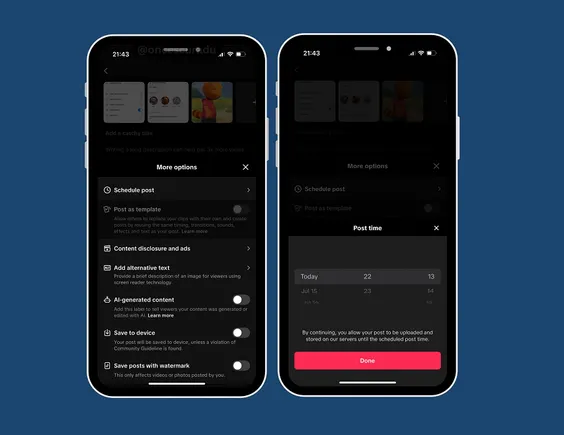VW will test its autonomous ID Buzz in the US starting this month
Image: VWVolkswagen announced it will test autonomous vehicles in the US starting with driverless versions of its ID Buzz electric microbus. The new fleet will be tested on public roads in Austin, Texas, starting later this month. The announcement...
/cdn.vox-cdn.com/uploads/chorus_asset/file/24772227/Pic_4_VWGoA_ADMT.jpg)
Volkswagen announced it will test autonomous vehicles in the US starting with driverless versions of its ID Buzz electric microbus. The new fleet will be tested on public roads in Austin, Texas, starting later this month.
The announcement comes months after VW, along with Ford, pulled funding for Argo AI, the self-driving startup that had planned on launching robotaxi services in the US and Europe. The loss of funding caused Argo to shut down and cast a pall over the AV industry, which had been struggling to build a business model around driverless cars for more than a decade.
VW had originally planned on using Argo’s tech to power a fleet of self-driving ID Buzz microbuses. But now, it’s developing the hardware and software in-house, along with its partner Mobileye. The plan is to test the vehicles in Austin, along with four other US cities, over the next three years, with the aim to launch a robotaxi service in 2026. The three-row ID Buzz for the US market, which debuted last month, will go on sale in 2024.
The announcement comes months after VW pulled funding for Argo AI
As part of this plan, VW is creating a new subsidiary — Volkswagen ADMT — with offices in Austin and Belmont, California. The new division will be staffed by former Argo employees who stayed on after the startup was shuttered. Autonomous ID Buzz vehicles with fleet management and “remote guidance solutions” will also be sold to “other leading companies in the mobility and transportation space,” the company said. This is the second time the automaker has spun off a new subsidiary to tackle autonomous driving.
Image: VW
The company has been testing its autonomous ID Buzz in Germany, where it plans on launching commercial robotaxi and delivery services in 2025. VW has said that it will put the vans in service as a ridesharing fleet under its subsidiary Moia, which has been operating a fleet of electric vehicles as part of its “ride-pooling” service in Hamburg since 2017. VW’s autonomous driving software is developed by another subsidiary, Cariad, which has gone through numerous leadership shakeups in the past year.
The company has been testing its autonomous ID Buzz in Germany
The initial fleet of 10 ID Buzz microbuses will be equipped with autonomous driving software developed in partnership with Mobileye, the driver-assist sensor and software company owned by Intel, as well as sensors like cameras, radar, and lidar. Each vehicle will also have a trained safety driver behind the wheel to monitor its operations and take over control in the event that the vehicle encounters a situation it can’t navigate.
VW has dabbled in autonomous driving for years — but not without setbacks. In 2019, VW severed a partnership with Aurora Innovation, the autonomy startup founded by former Google self-driving head Chris Urmson. Argo was co-founded by Bryan Salesky, another former member of the Google self-driving team.
Some of VW’s rivals are far ahead, including GM’s Cruise and Hyundai’s Motional. Both already have nascent commercial robotaxi services up and running in the US, with plans to expand to new markets.

 ValVades
ValVades 






























